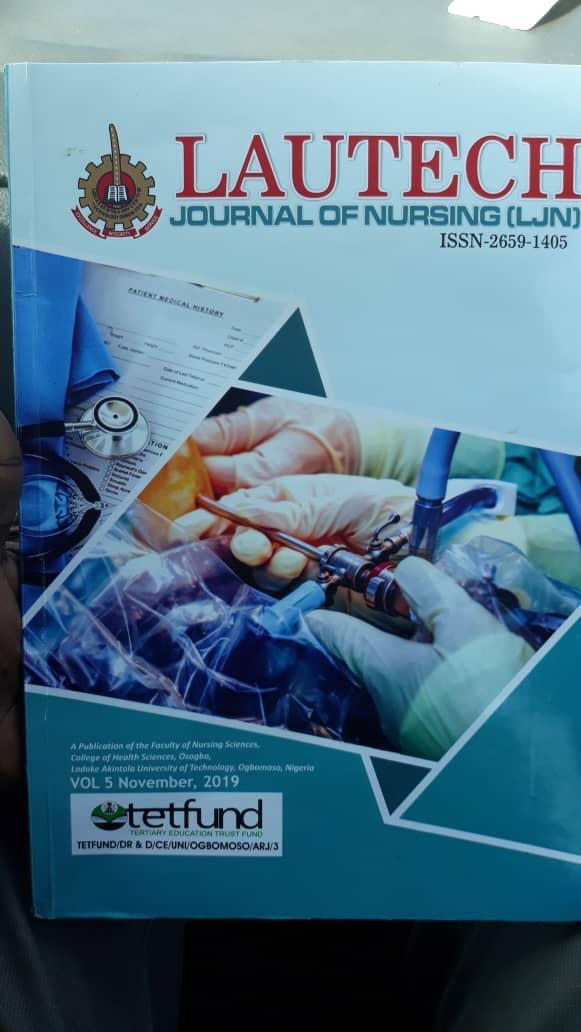Breast Milk (BM) is recognized as the best source of nutrients and immunity for infants globally. It is known to reduce mortality and enhance optimal child development especially when practiced exclusively. Despite its importance, many women are unable to practice Exclusive Breastfeeding (EBF) for the stipulated six months. The quality of Antenatal breastfeeding education could have important influence on breastfeeding. The aim of the study was to assess the breastfeeding education and EBF practices among mothers in selected Primary Health Care Centres (PHCCs) Ibadan, Oyo state. A total of 150 mothers receiving postnatal services at Idi-Ogungun and Ojoo PHCCs in Ibadan were randomly selected for this study. Structured questionnaires were used to collect data and data was analysed using descriptive statistics and chi-square at p≤0.05. Eighty percent of the mothers received Antenatal Care (ANC) and were health educated by health care workers. Forty percent of the mothers-initiated breastfeeding immediately after delivery and 76.7% subsequently practiced EBF. Over half (51%), of these mothers introduced drinks and food to their babies before 6 months of age, most (76.7%) due to perceived insufficient BM. Many (54.7%) were influenced by friends/relatives. All (100%) felt their feeding was not adequate for EBF practice. Only 35.3% practiced EBF for 6 months. However, there were significant associations between level of education and practice of EBF (p=0.00) as well as timing for initiation of breastfeeding (p=0.025). The practice of EBF among the mothers was low despite receiving breastfeeding education. Thus, there is need to improve current methods of teaching pregnant women about exclusive breastfeeding.
- Ndikom, | Chizoma | M. | cmndikom@gmail.com | 08035212455 , Ologunye, | Blessing | F. | bologunye@yahoo.com | 08132849580
- Breastfeeding education, Exclusive breastfeeding, Mothers, Antenatal care, Practice
- lautech journal edited_Akeem 2_new 9


